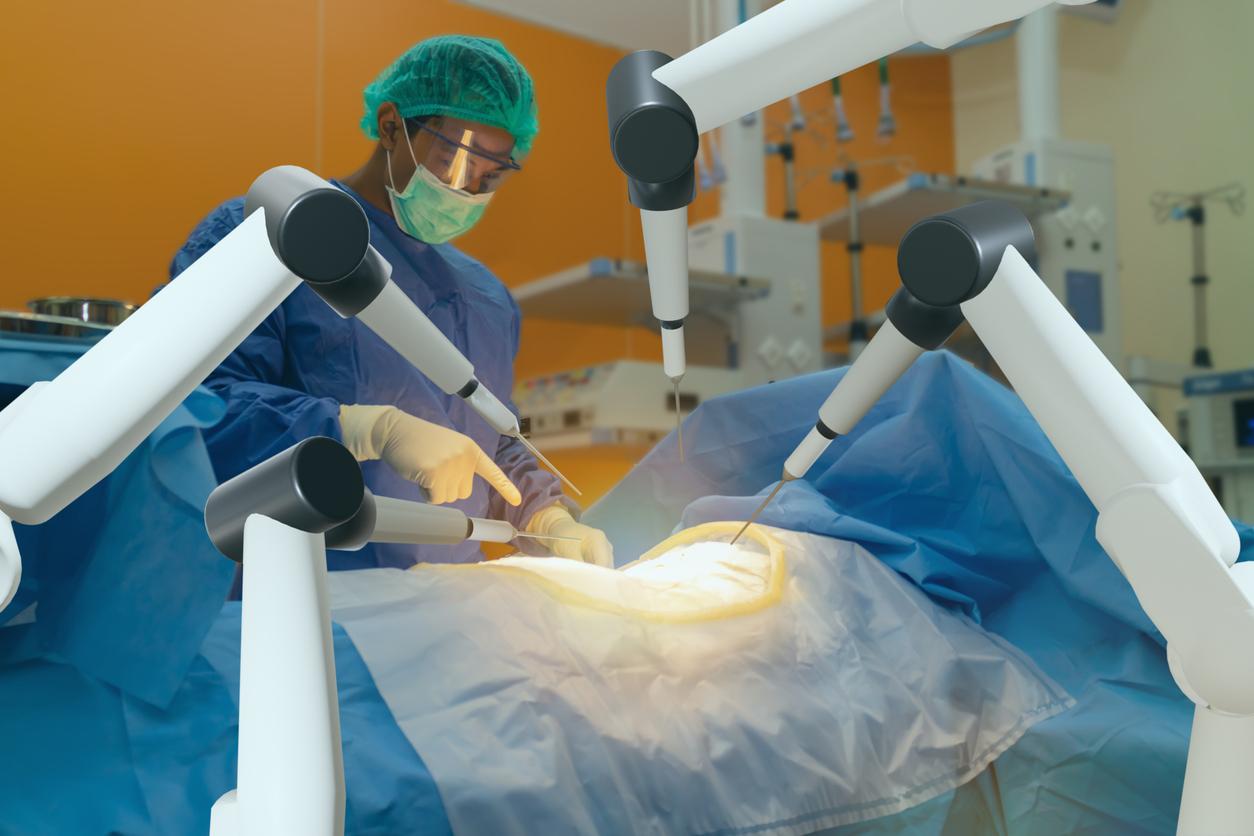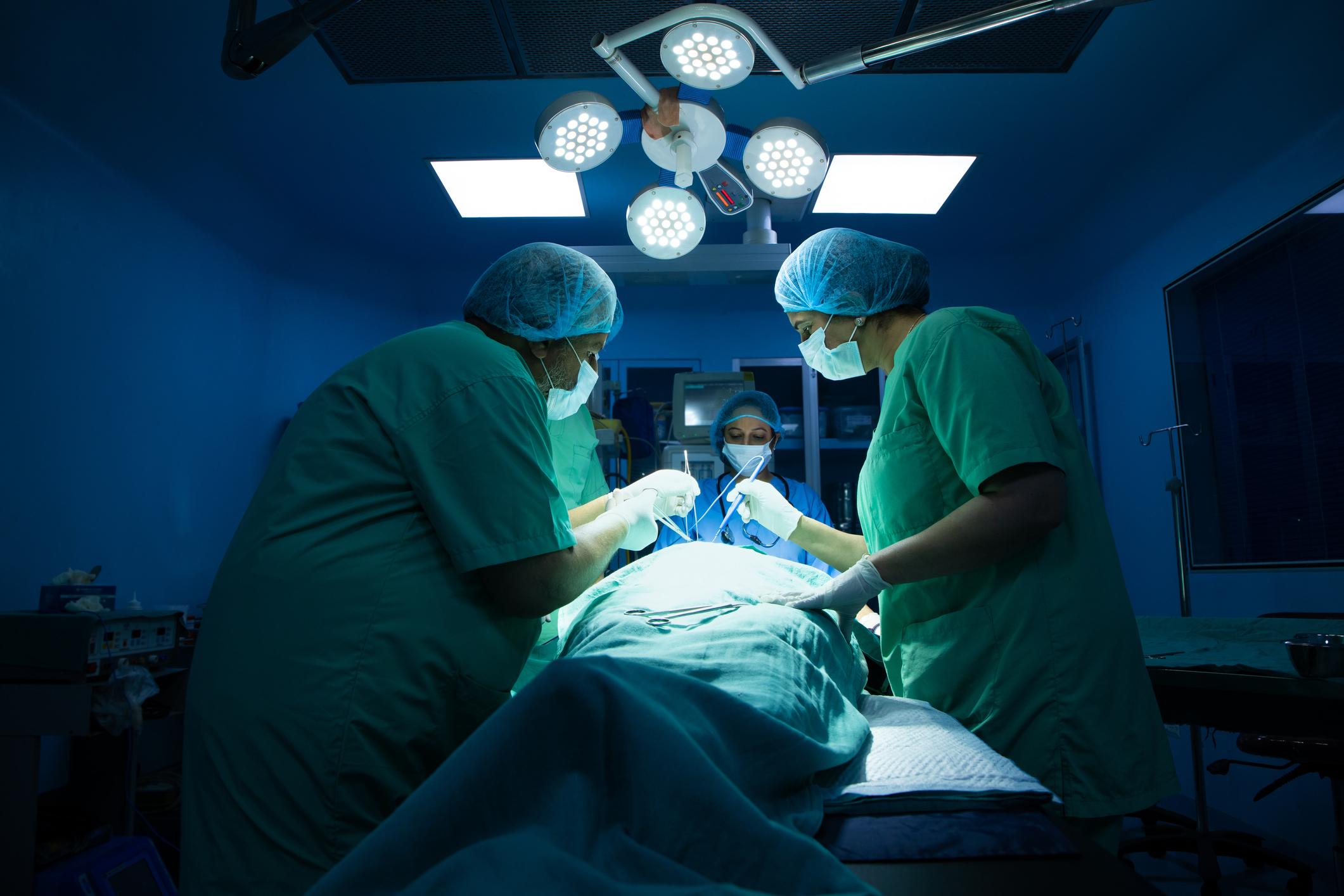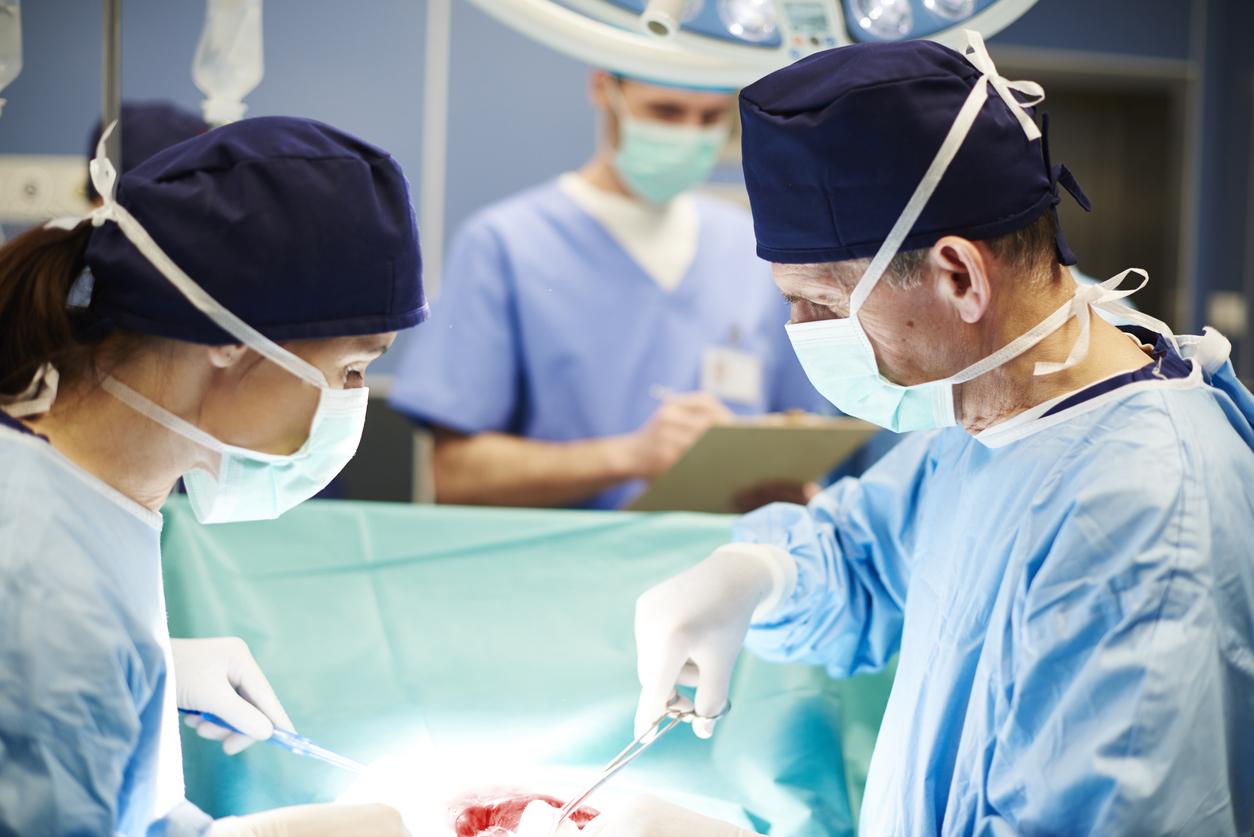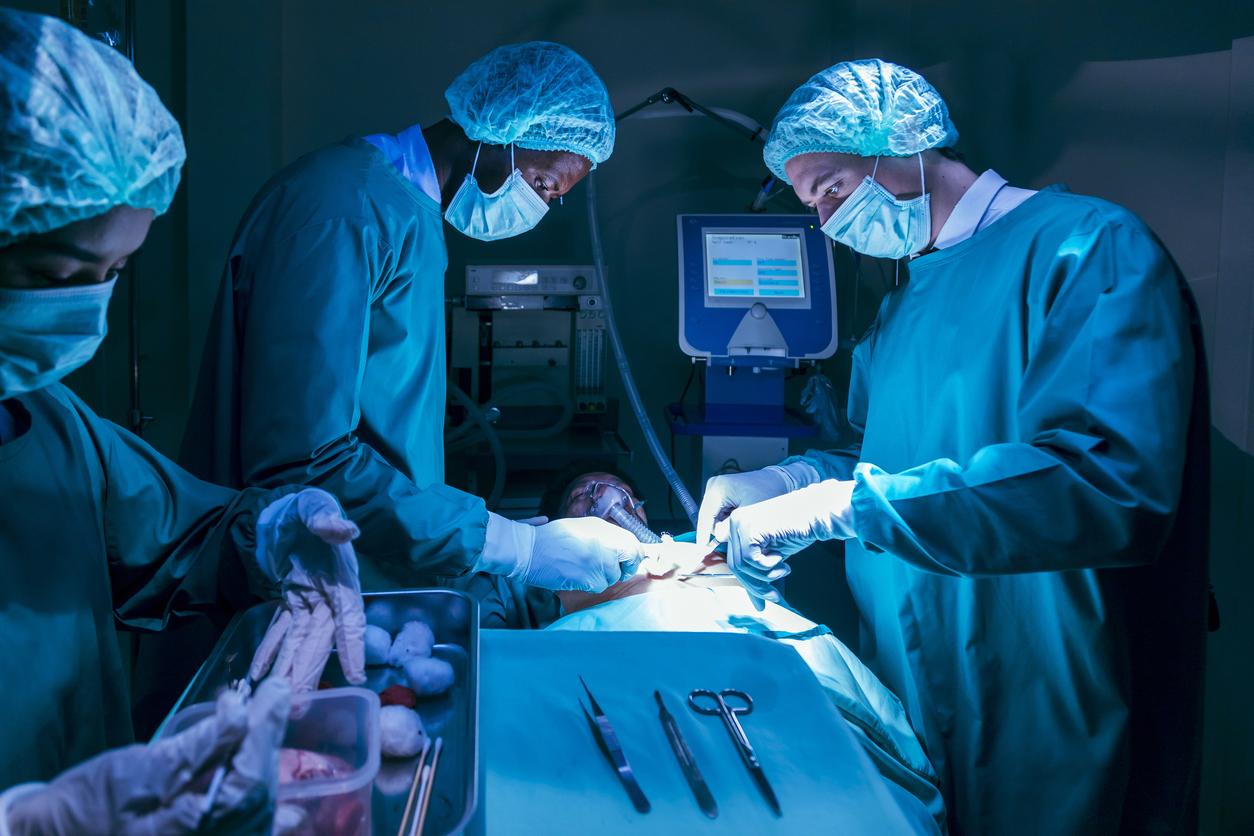Researchers at Havard Medical School have announced that they have succeeded in modifying more than 60 genes in pig embryos. This could improve the biocompatibility of porcine tissues.

The pig to the rescue of man. This animal, whose physiology – despite appearances – approaches that of human beings, already supplies its valves to patients suffering from cardiac pathologies. But the generosity of these organ donors could extend far beyond that.
In fact, the human-pig compatibility leaves one wondering about the future of transplantation. Yet, if science is busy producing an animal lever of organ suppliers, many obstacles still remain. A team of researchers may have just raised one.
Compatible genes
Indeed, scientists from Harvard Medical School (Boston) have announced that they have modified a large number of genes in porcine embryos. Using CRISPR-Cas9 technology, a method as innovative as its name is unpronounceable, they inactivated 62 porcine endogenous retroviruses (PERVs).
These viruses, integrated into the genome of all pigs, cannot be treated or neutralized. They are suspected of causing pathologies when transplanted into a human recipient – transplant rejection, in particular. The idea is to modify these genes in such a way as to make porcine tissues human-compatible.
This work, which has not yet been published, was the subject of a presentation at the meeting of the National Academy of Sciences (NAS), in Washington, devoted to genetic manipulation. On this occasion, the authors also affirmed to have modified, on other embryos, about twenty genes which code for a protein present on the surface of the cells of the pigs. These genes trigger an immune response in humans and can cause blood clots.
Embryos, soon to be implanted
The objective of these manipulations is to develop genetically modified pigs so that their organs can be transplanted without difficulty into humans. The authors did not wish to divulge the names of the manipulated genes until the results of their work were published. However, they specified that to consider a transplant, the modifications will have to relate to the two groups of genes.
Harvesting organs from pigs to save human lives is a project lead study author George Church has been working on for nearly a decade. This geneticist founded a research center in Boston specializing in pig-human transplantation. According to him, genetically modified embryos will very soon be able to be implanted in the uterus of a sow. The operation will take place at Harvard Medical School, where the pigs will grow up, free from any pathogens.
.















